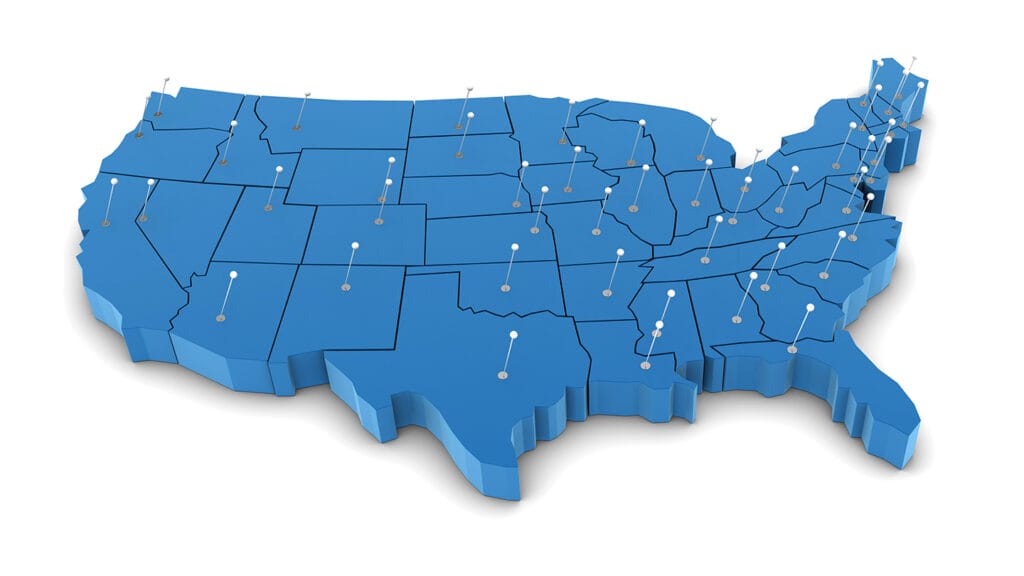
Depression, anxiety and paltry savings are some of the challenges facing direct care workers, according to a recent study by the National Association for Home Care & Hospice and MissionCare Collective.
The State of the Direct Care Workforce study polled more than 67,000 caregivers and found those workers were three times more likely than the average American to suffer from depression and anxiety. Approximately two-thirds of certified nursing assistants and home health aides said they had no discretionary income due to the low wages they earned.
“Despite a high demand for caregivers, who provide essential services for older adults and people with disabilities — too few people are entering the profession, workers are leaving in droves, and companies are plagued with high turnover,” MissionCare Collective CEO Brandi Kurtyka said in a statement. “It’s time to transform our industry and that starts with better understanding our care workers and how to engage a population that struggles to make ends meet in a hyper competitive labor market.”
The study found there are seven personas of a caregiver that could help agencies target and recruit workers. However, the report found that too often home care firms are only focusing on one persona versus all seven, so they could be missing out on potential candidates.
It’s encouraging to see opportunities in the data,” NAHC President Bill Dombi said in a statement. “Talk is not sufficient, we need action to address our workforce challenges, and we need more partnerships and insights like this to move the needle in our industry.”
The NAHC/MCC study is one of the latest reports to shine a light on the challenges facing both paid and unpaid caregivers. A survey released last week by Homethrive, a technology-enabled healthcare firm, found that more than 20% of employees are acting as caregivers to loved ones with three-quarters of them providing more than five hours of care a week.



